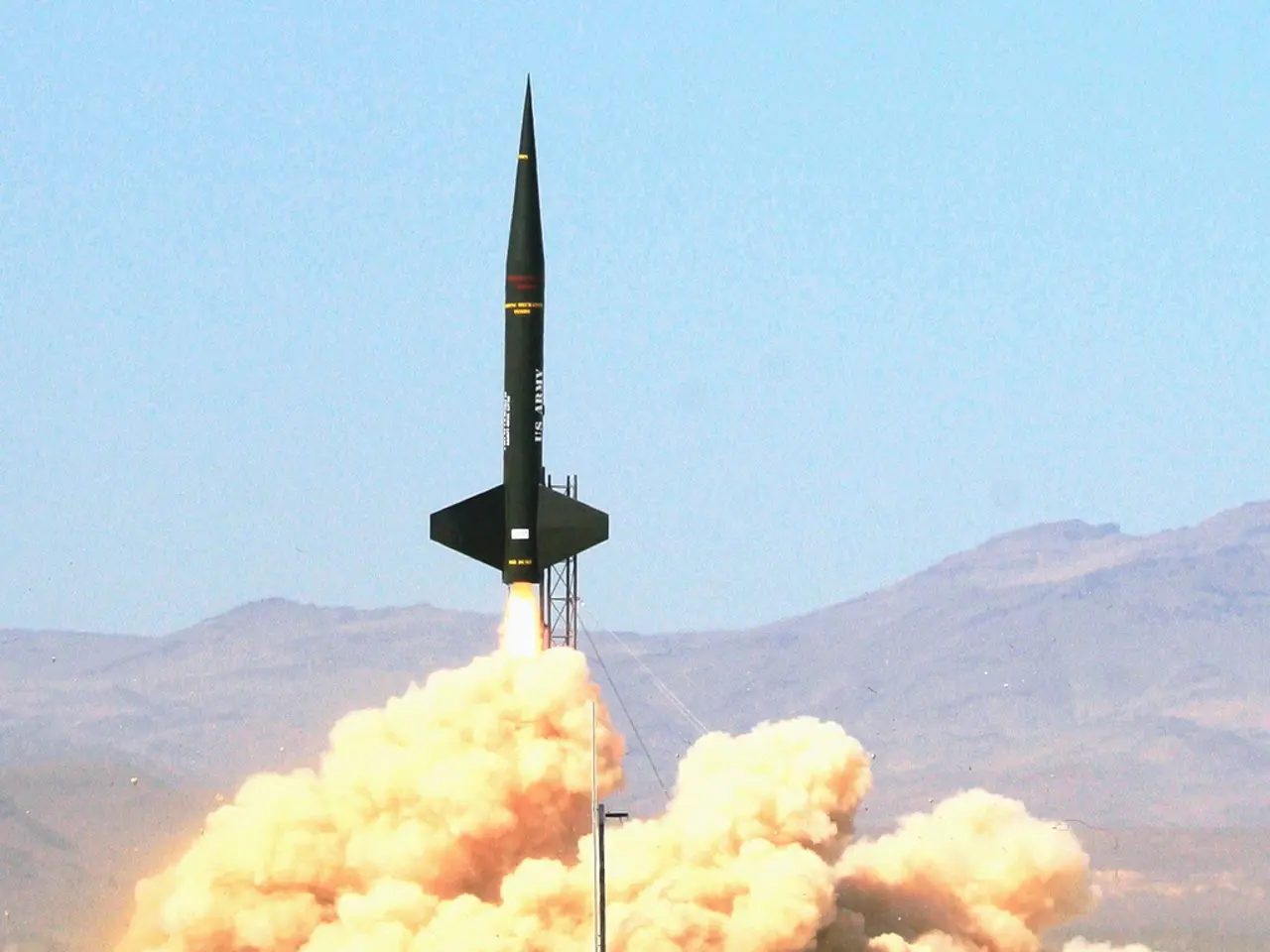Spain declines NATO's proposed five percent defense spending goal
Chillin' in Madrid: Spain Refuses to Budge on NATO's Military Spending Proposal
Spain is standing firm against NATO's push to increase defense spending to a whopping five percent of the country's GDP. The assertive stance from the Spanish government, led by Prime Minister Pedro Sánchez, has been clear as day. In a tell-all letter to NATO Secretary General Mark Rutte, this uncompromising stand was highlighted.
Sánchez made it clear that such a dramatic increase would be detrimental for Spain, calling it not only illogical but also possibly counterproductive. With no concrete commitment to a specific spending target, Spain isn't planning on jumping on the militant spending bandwagon at the upcoming NATO summit in The Hague next week.
This stance doesn't come as much of a shocker. Back in late May, Foreign Minister José Manuel Albares, during a press conference with his German counterpart Johann Wadephul (CDU), emphasized that Spain has been making strides in the defense sector like never before. Albares maintained that the current 2% of GDP defense target was more than achievable.
Spain: "NATO, You've Got It All Wrong!"
On the other hand, Defense Minister Margarita Robles isn't mincing her words. She believes that NATO's proposal is a major blunder. According to her, setting a specific spending percentage first and then determining what capabilities can be achieved later is backward. Instead, she advocates for a strategy that puts capabilities before the percentage.
As it stands, Spain's military spending hovers around 1.3 percent of its GDP, making it one of the biggest laggards in NATO. However, the left-wing government declared in April its intention to reach the 2% target earlier than originally planned—this year instead of 2029. To reach this goal, Madrid plans to pump an additional 10.5 billion euros into defense spending, a significant increase over the previous allocation.
Despite their reluctance to raise military spending to the proposed level, Spain isn't shy about voicing their concerns. The potential impact on social programs, such as healthcare, education, pensions, green investments, and housing budgets, along with looming tax hikes, has them worried. If you ask them, Spain's national budget would be in for a massive beatdown if they agreed to the new target.
The resistance isn't just about money; it's about preserving the EU's defense autonomy and avoiding destabilizing their welfare state. The challenge Spain presents, given the requirement of unanimous agreement among all 32 NATO allies, could potentially block or delay the acceptance of this new target at the upcoming NATO summit. It's a standoff that's all about finding that delicate balance between increasing military readiness and maintaining social and economic stability within member states.
- The ongoing dispute over NATO's military spending proposal, as seen in the Spain-NATO standoff, falls under the category of policy-and-legislation, given the legislative decision required by Spain's government regarding military spending.
- The general-news landscape, especially concerning international politics, has been abuzz with the latest development in Spain's refusal to increase its military spending to the proposed five percent of its GDP, a decision significant enough to potentially affect NATO's upcoming summit in The Hague.





